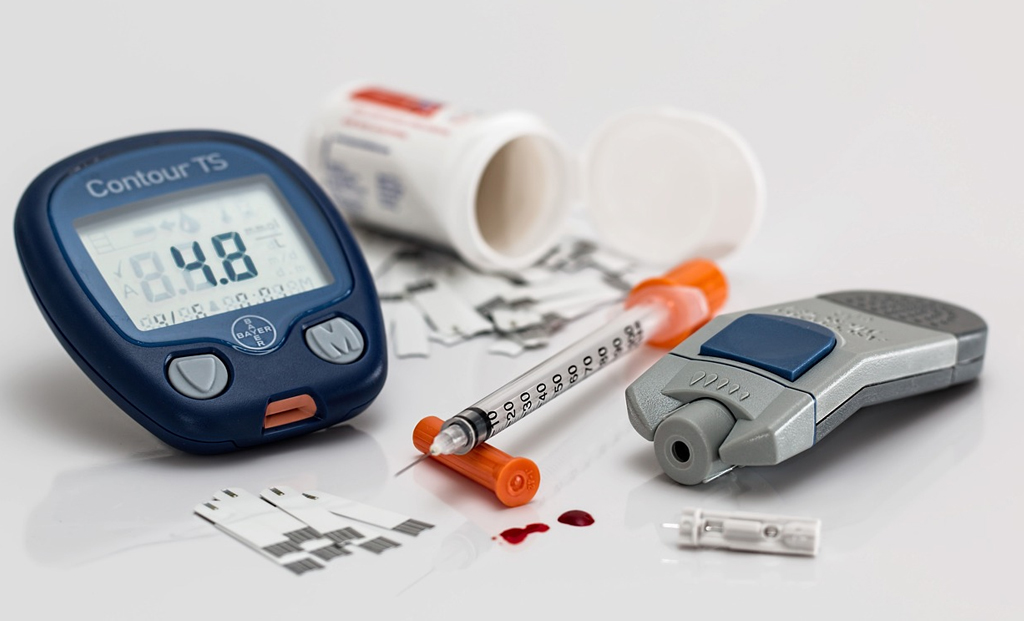Key Laboratory Tests for Assessing Overall Health and Preventive Care
Author – Dr. Sushrut Pownikar, Head Of Quality and Lab Medicine at Oncquest Laboratories Ltd
Complete Blood Count (CBC): Revealing Insights into Blood Health
In the healthcare landscape, diagnostic laboratory tests serve as vital tools for evaluating overall health and promoting preventive care. These tests offer valuable insights into an individual’s well-being, enabling healthcare professionals to detect potential health risks, closely monitor existing conditions, and devise personalized preventive measures and treatment plans. By actively identifying underlying health concerns, individuals can proactively address them, reducing risks and enhancing their overall well-being.
One of the fundamental laboratory tests is the Complete Blood Count (CBC). This routine blood test measures different components of the blood, including white blood cells, red blood cells, and platelets. By analyzing the CBC results, healthcare professionals can gather valuable information about an individual’s overall health. It helps identify conditions such as anemia, infections, and even certain types of cancers. The CBC serves as a valuable screening tool for evaluating blood-related disorders and guiding appropriate interventions.
Lipid Profile: Monitoring Cholesterol Levels for Cardiovascular Health
Another important laboratory test is the Lipid Profile, which measures the levels of triglycerides and cholesterol in the blood. Elevated LDL (low-density lipoprotein) cholesterol levels, also known as “bad” cholesterol, and high triglyceride levels are associated with an increased risk of cardiovascular diseases. On the other hand, higher levels of HDL (high-density lipoprotein) cholesterol, known as “good” cholesterol, are considered beneficial.
Regular monitoring of lipid profiles enables healthcare professionals to identify individuals at risk of heart disease and develop preventive measures. By managing lipid levels effectively through dietary and lifestyle modifications or medication interventions, individuals can significantly reduce the risk of cardiovascular complications.
Blood Glucose: Monitoring Diabetes and Metabolic Health
The primary purpose of blood glucose testing is to diagnose and monitor diabetes, a chronic condition characterized by elevated blood sugar levels. By assessing the concentration of glucose in the bloodstream, healthcare professionals can determine whether an individual has diabetes or is susceptible to its development. Regular monitoring of blood glucose levels is crucial for effective management of diabetes and prevention of potential complications.
Moreover, for individuals without diabetes, fasting blood glucose levels provide insights into their overall metabolic health. It helps identify early signs of impaired glucose regulation and potential risks for future diabetes development. Glycosylated Hemoglobin (HbA1c) is another essential diagnostic test that estimates average blood sugar levels over a three-month period, providing valuable information for diabetes management.
Thyroid Function Tests: Balancing Hormones and Metabolism
Thyroid function tests evaluate the levels of hormones produced by the thyroid gland, including thyroid-stimulating hormone (TSH), T3 (triiodothyronine), and T4 (thyroxine). These tests are crucial in assessing thyroid function, which plays a vital role in regulating metabolism, energy levels, and other bodily functions. Imbalances in thyroid hormone levels can lead to conditions like hypothyroidism or hyperthyroidism










